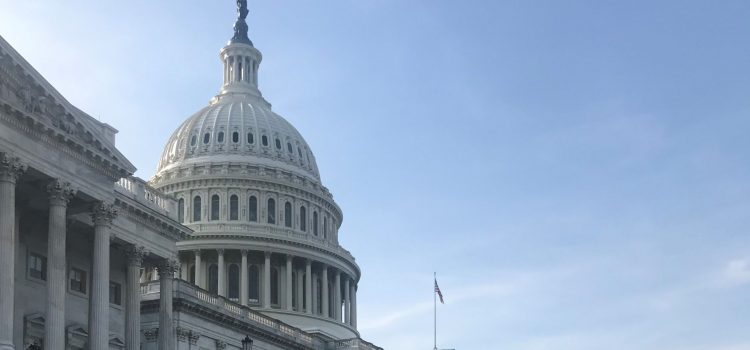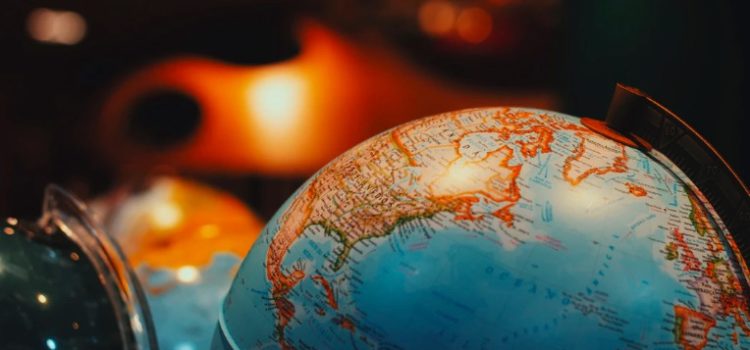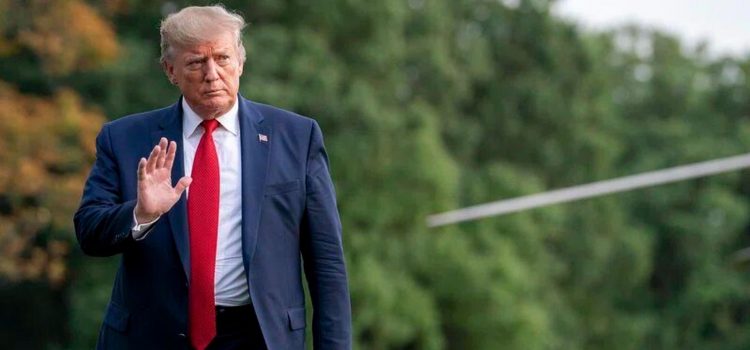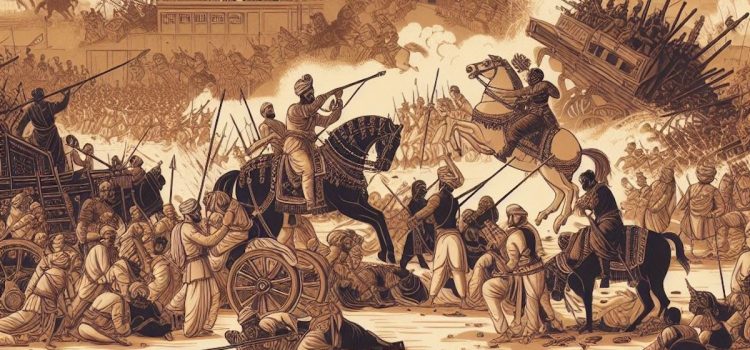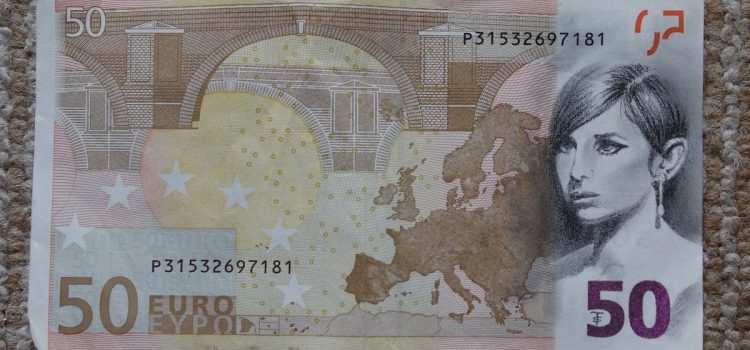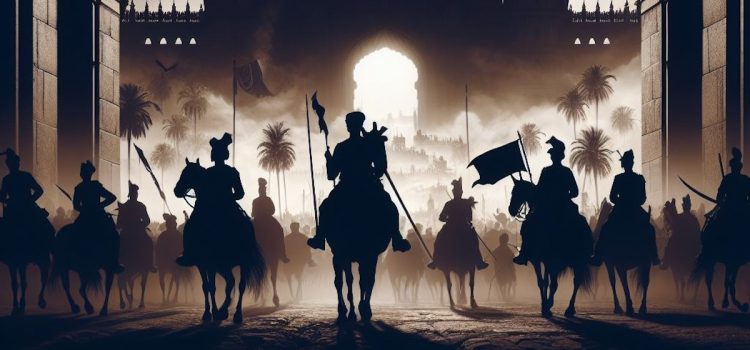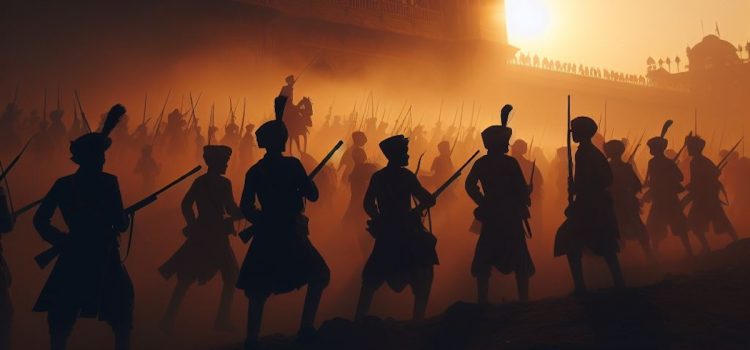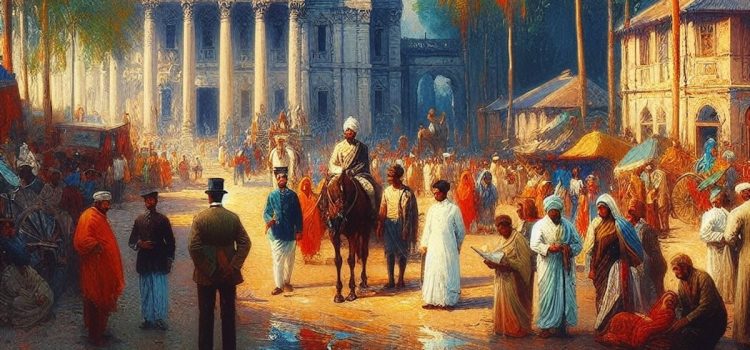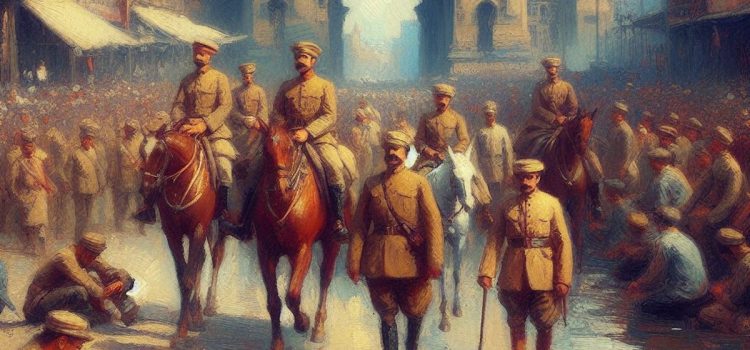Was January 6th an insurrection or not? Why were people rioting at the Capitol? January 6th was most likely an insurrection in that a group tried to overthrow democratic election results through violence. To understand why this happened, look at Donald Trump’s response to losing the election. Read more to see why January 6th might be considered an insurrection and why it happened.
Was January 6th an Insurrection? Behind the Riot
